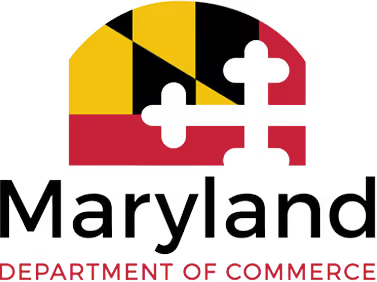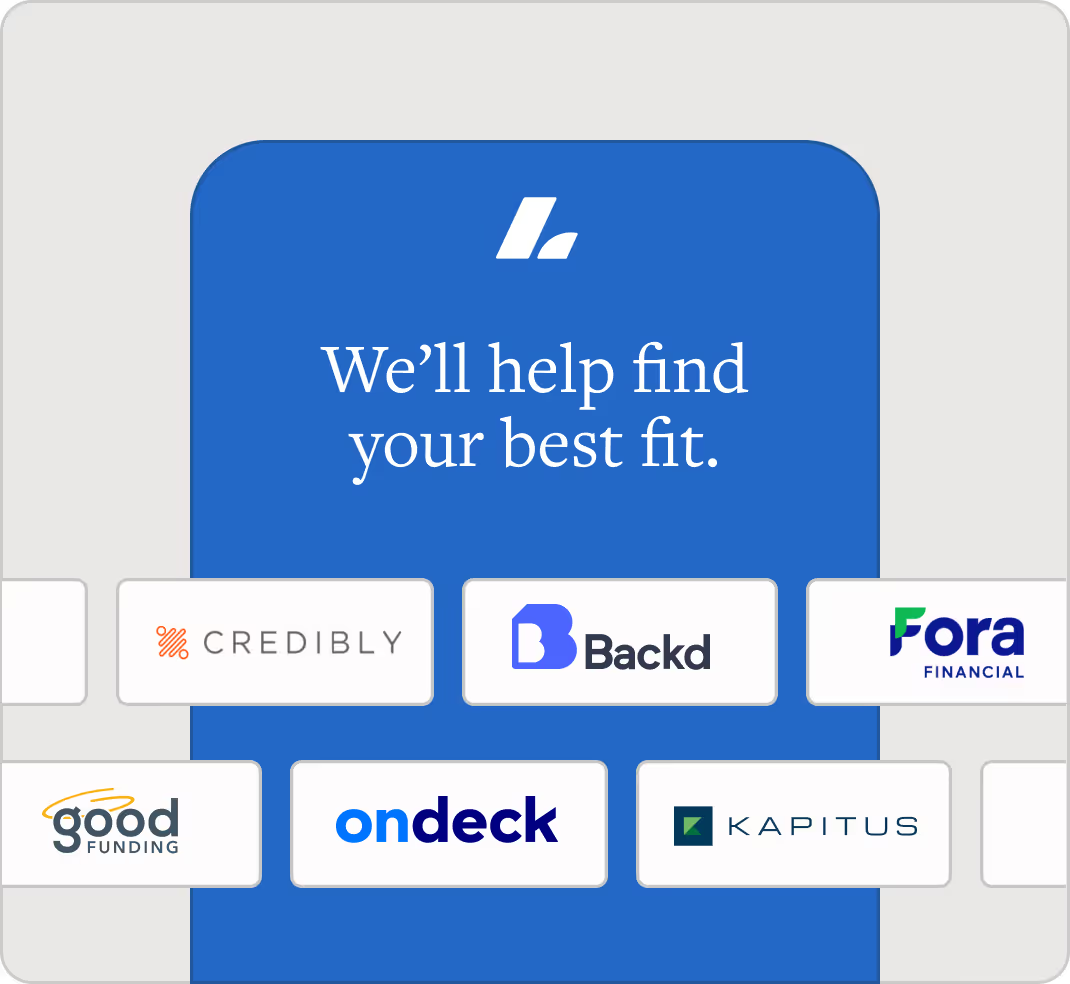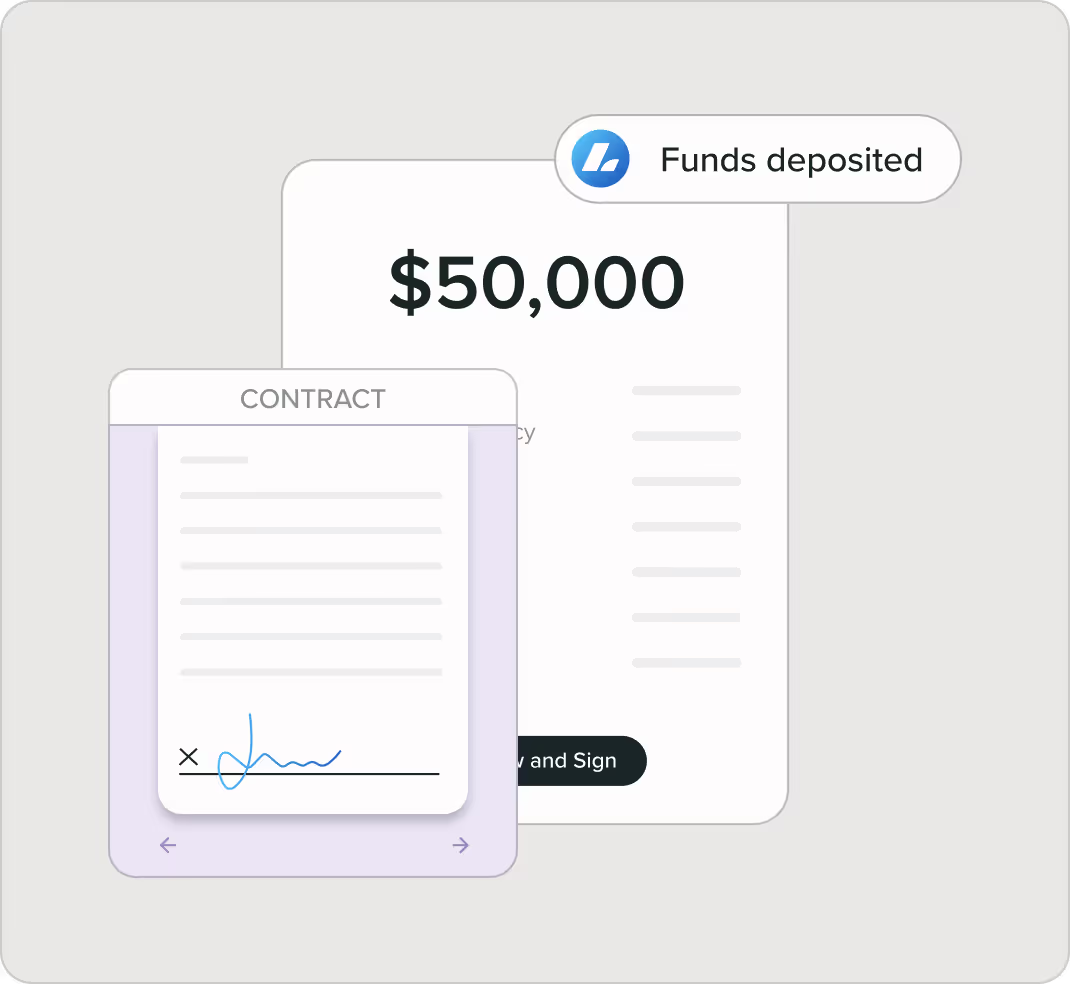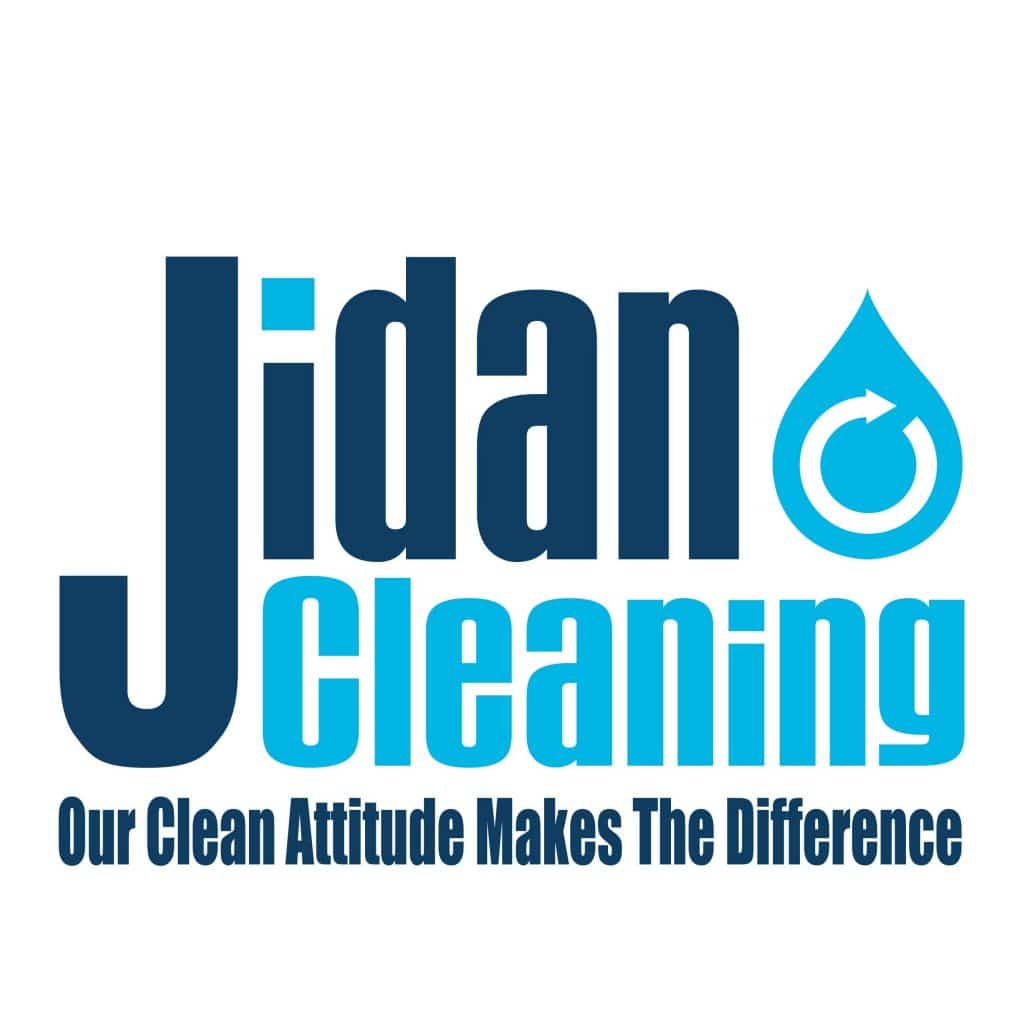Today, Jidan Cleaning is a full-service commercial cleaning company that specializes, according to their robust and detailed website, in “promoting healthy, safe, non-toxic work environments”—and what could be more important these days than a healthy and safe workplace?
We sat down recently with Pat to chat about her decision to strike out on her own, the inspiration behind her business, and the relationship she’s built with Lendio that’s helped her to expand Jidan Cleaning into a bustling tri-state business.
Where did the name Jidan Cleaning come from, and where are you based? Tell us a little about your “origin story.”
My daughters’ names are Jillian and Danielle, which is where the business name comes from.
Jidan Cleaning is a New Jersey-based company with a home office here in Medford, New Jersey, an office in Center City, Philadelphia, and one in Baltimore, Maryland.
My story starts with the fact that I'm an immigrant. I was born in Port of Spain, Trinidad, and came to the United States, to Jamaica, Queens, when I was six. The idea of immigrant success in the US, for many people, is owning your own business, so that was always in the back of my brain somewhere. Even when I was 12, I had my first paper route, and I employed my brother—I paid him to take care of part of my paper route and collect the money. The desire to own my own business started there.
I worked first as a pharmaceutical rep, and my physicians would always complain about their cleaning companies being unprofessional and their offices still being dirty. So I said, I'm going to bring professionalism to the cleaning business. That's where the light bulb went off. I started Jidan Cleaning in December of 2005, but I didn't leave my full-time job until May of 2010.
When I first started in South Jersey, we would get a lot of mom-and-pop physician offices or businesses that wanted to get cleaned once every other week, that type of thing. I realized [around 2013] that, if I wanted to increase my revenue, then I needed to be in a city: there are bigger buildings, so I’ll get bigger contracts and put more people to work. That's when I decided that I needed a Philadelphia office. Today, we have 105 employees (not contractors).
How did the pandemic affect Jidan Cleaners?
Overall, COVID has been a blessing for the cleaning industry. We’re now considered essential, so we're finally getting the respect that we deserve. There are two top ways that any business can show employees that it's safe to come back into their building: one is that folks are vaccinated, and two is that the building is clean. And how will you prove that the building's clean? By the folks that you employ to clean the buildings.
Why did you choose to seek out financing through Lendio?
Financing was one of the biggest challenges in starting my business, because most lenders put you in a box…My first business line of credit [from Lendio in 2014] was based on factoring my invoices. My biggest expenditure is always payroll, and the line of credit made that time of the month doubly less stressful. I've also gotten maybe two or three small term loans through Lendio.
Would you start Jidan Cleaners all over again? Is there anything you would change?
Yes, I would do it all over again—and as for what I would change, I would have done it sooner. I'm trying to live my best life, you know, and to help as many people as I can.


















